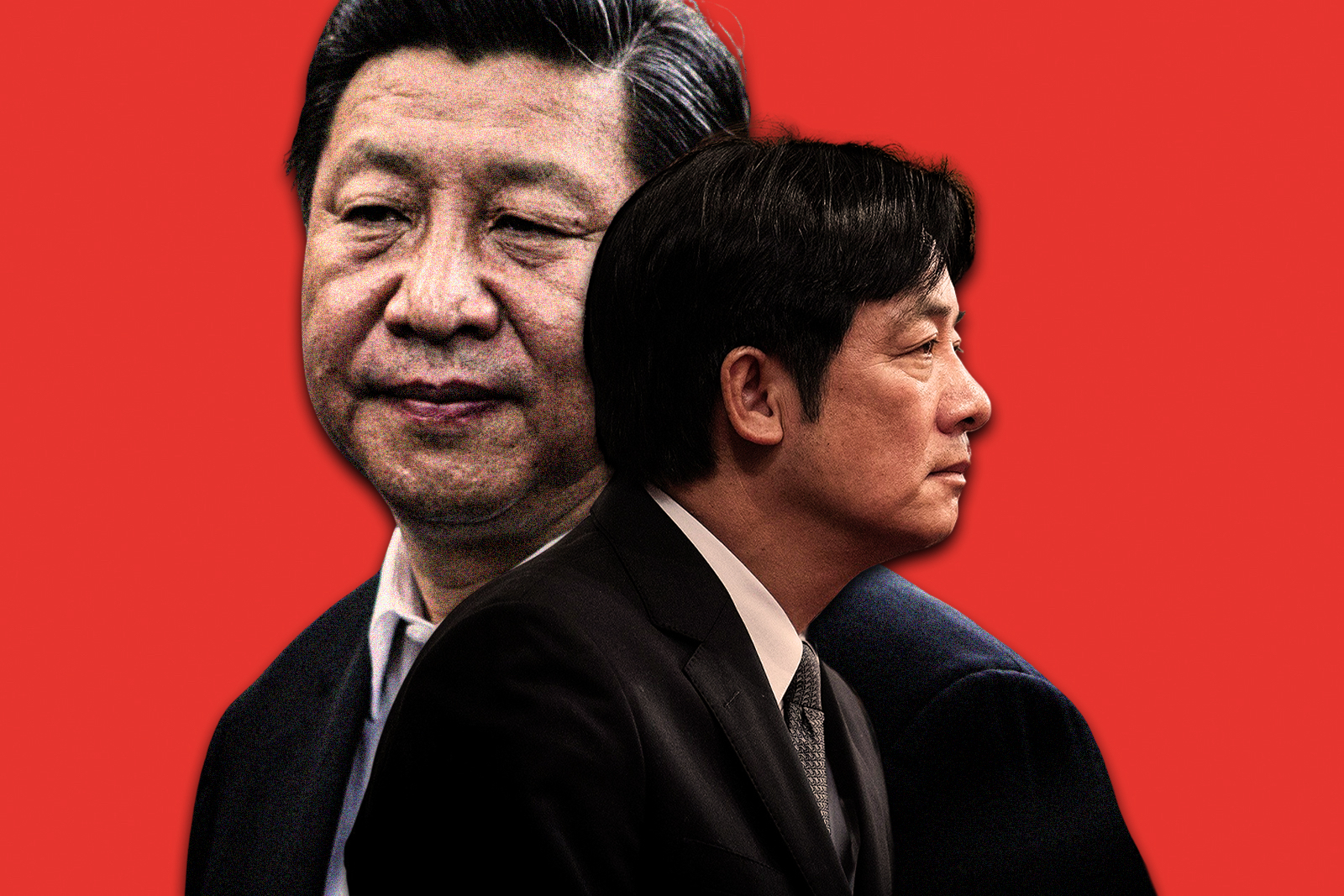
There are No Winners in a War over Taiwan
The sight of Chinese warships off the coast of Taiwan last week has heightened fears of an imminent invasion that could not only disrupt the global technology supply chain but also plunge the world into economic turmoil and potentially ignite a hot war between the United States and China.
In response, U.S. lawmakers have pledged to strengthen Taiwan’s defenses against China. During a bipartisan congressional visit to the self-governing democracy, just days after Beijing’s military exercises encircled the island, U.S. representatives met with Taiwan’s new President Lai Ching-te to demonstrate their support. These drills, which involved large-scale joint military operations by China’s army, navy, air force, and rocket force, were the most extensive the nation has conducted in over a year.
Rep. Andy Barr, the co-chair of the Taiwan caucus in the U.S. Congress, reaffirmed the United States’ unwavering commitment to Taiwan’s security. “There should be no doubt, there should be no skepticism in the United States, Taiwan or anywhere in the world, of American resolve to maintain the status quo and peace in the Taiwan Strait,” he asserted.
China’s ruling Communist Party considers Taiwan part of its territory, despite never having governed it, and has threatened to take the island by force if necessary. The threat is real; at least one geopolitical expert believes that China could conquer Taiwan within an hour—long before the U.S. could intervene. Dmitri Alperovitch, who is credited with predicting Russia’s 2022 invasion of Ukraine, argues in his book World on the Brink that China would swiftly overwhelm Taiwan’s defenses.
“They’re still going to use amphibious assault ships across the strait,” Alperovitch told NBC News in an interview. “Each of them can deliver about 800 troops and more importantly, dozens of troop transport helicopters as well as gunships to do an airborne assault. They can reach the ports within 10 to 15 minutes.”
According to CNN, the recent drills took place in the Taiwan Strait—a narrow body of water separating the island from mainland China—and in the regions north, south, and east of Taiwan, including its outlying islands of Kinmen, Matsu, Wuqiu, and Dongyin.
“[China] said it launched joint military drills involving the army, navy, air force, and rocket force in areas around Taiwan at 7.45 a.m. on Thursday. The drills are being conducted in the Taiwan Strait – a narrow body of water separating the island from mainland China – as well as north, south, and east of Taiwan. They are also taking place in areas around Taiwan’s outlying islands of Kinmen, Matsu, Wuqiu, and Dongyin, located just off China’s southeastern coast…PLA Naval Colonel Li Xi, spokesperson for the command, called the exercises ‘a strong punishment for the separatist acts of Taiwan independence forces and a serious warning against interference and provocation by external forces,’” CNN reported.
A Chinese invasion of Taiwan would have severe global consequences, both economically and geopolitically, impacting millions. Taiwan is a key player in the semiconductor industry, producing over 60% of the world’s semiconductors. An invasion would disrupt this critical supply chain, crippling industries like electronics, automobiles, and telecommunications globally.
It’s estimated that global GDP could contract by around 10%, or $10 trillion, due to the ensuing supply shocks, trade disruptions, sanctions, and financial market upheaval. Major economies, including the U.S. (projected 6.7% GDP loss) and China (16.7%), would face severe impacts.
Global trade would be massively disrupted, especially as the Taiwan Strait is a vital shipping route. A blockade would sever Taiwan’s trade links with the world, leading to financial market crashes due to geopolitical instability. This could trigger a direct military confrontation between China and the U.S., potentially drawing in allies and escalating into a wider war.
Furthermore, the U.S. and its allies would likely impose severe economic sanctions on China, straining global trade and financial systems. Such an invasion would undermine the international rules-based order and embolden other authoritarian regimes to pursue territorial ambitions by force.
The potential humanitarian crisis resulting from a prolonged conflict and blockade by Chinese forces could endanger Taiwan’s 23 million civilians. A Chinese invasion would not only be economically catastrophic but also risk escalating into a wider military conflict between nuclear powers, destabilizing the entire geopolitical landscape.
In a related diplomatic snub, the World Health Organization (WHO) chose not to invite Taiwan to its annual assembly in Geneva, following China’s appeal to keep Taiwan sidelined. Taiwan is excluded from most international organizations due to China’s objections.
James K.J. Lee, the ambassador and director-general of the Taipei Economic and Cultural Office in New York, emphasized that Taiwan’s exclusion deprives the body of a crucial voice and empowers authoritarian regimes.
Domestically, Taiwan’s opposition-controlled legislature recently passed controversial pro-China measures, which reduce the president’s powers, particularly over defense spending—a move seen as a concession to China. These amendments were championed by the Kuomintang party, which supports unification with China and gained a single-seat majority in the legislature after January’s elections, despite the presidency being won by Lai Ching-te of the Democratic Progressive Party, which advocates for Taiwan’s de facto independence. Thousands of Taiwanese protested these legislative changes, highlighting the domestic unrest surrounding Taiwan’s political future.
As tensions continue to escalate in the Taiwan Strait, the international community must recognize the profound and far-reaching implications of a potential conflict between China and Taiwan. Such a war would not only devastate the economies of the nations involved but also create a ripple effect that would be felt globally. The disruption of the semiconductor supply chain alone would cripple industries worldwide, while the geopolitical instability could lead to a broader, more destructive military conflict.
Global leaders must work towards a peaceful resolution, emphasizing diplomacy and dialogue over aggression. The stakes are too high, and the consequences too severe, to allow this situation to spiral into an uncontrollable and catastrophic conflict. In the end, no nation stands to gain from a war over Taiwan; the true victory lies in preserving peace and stability in the region.

